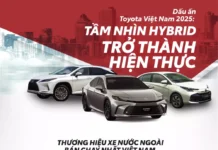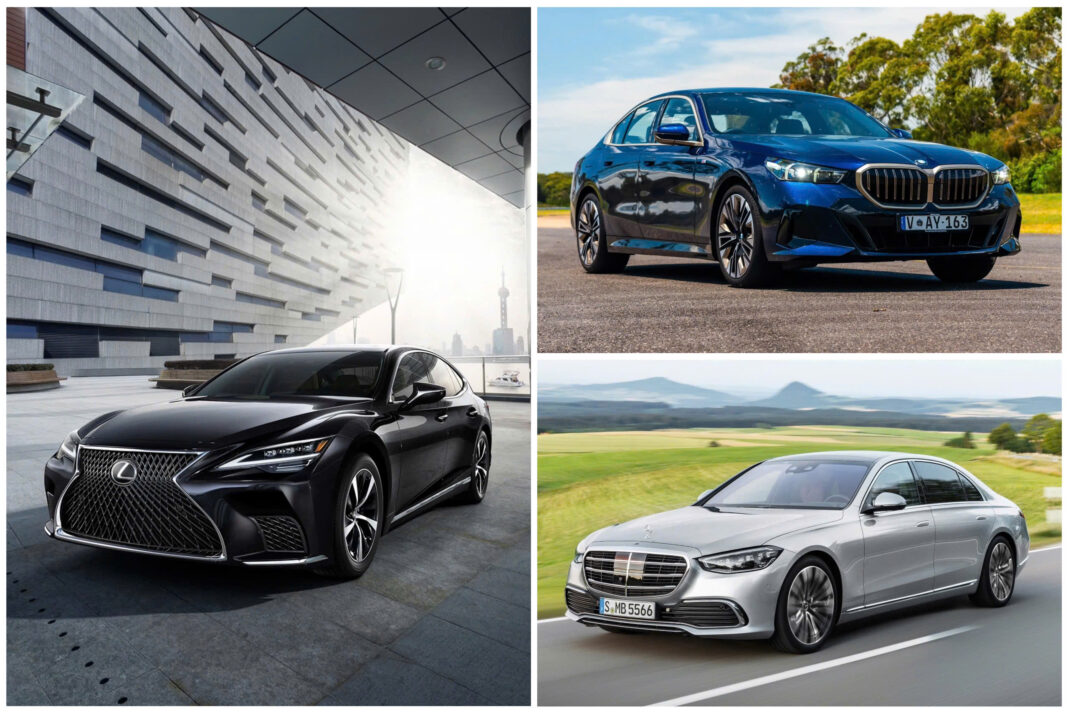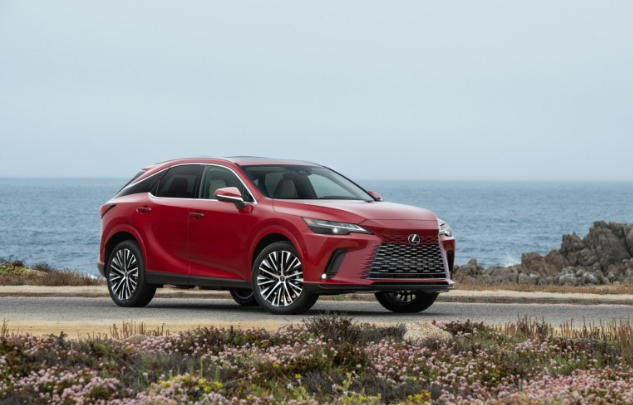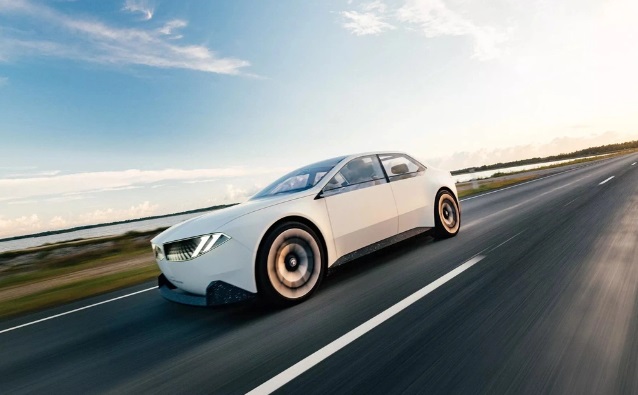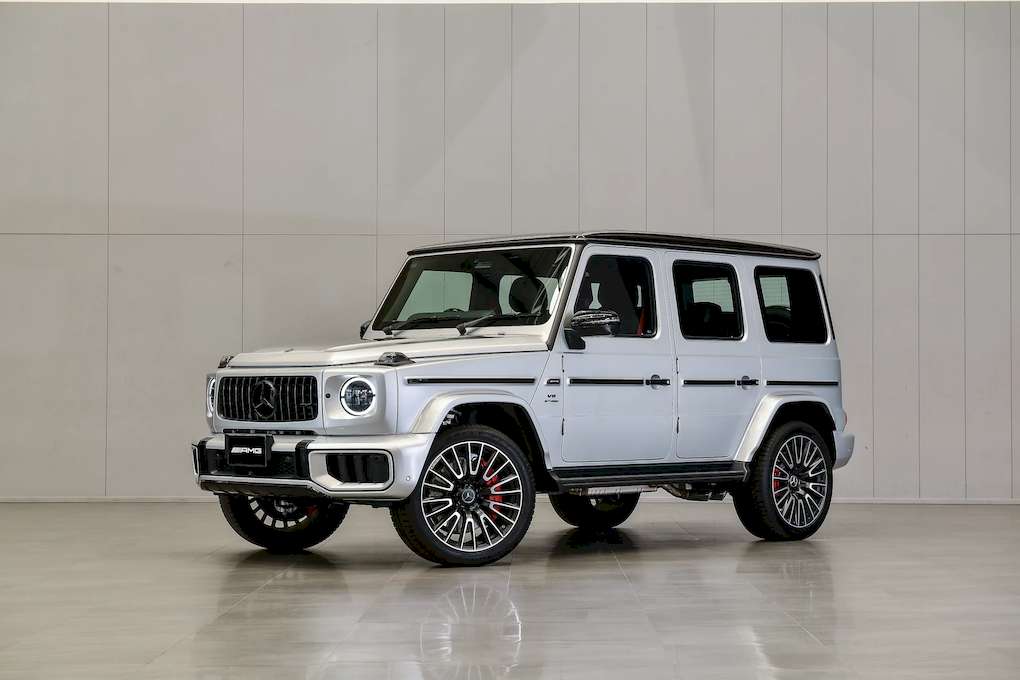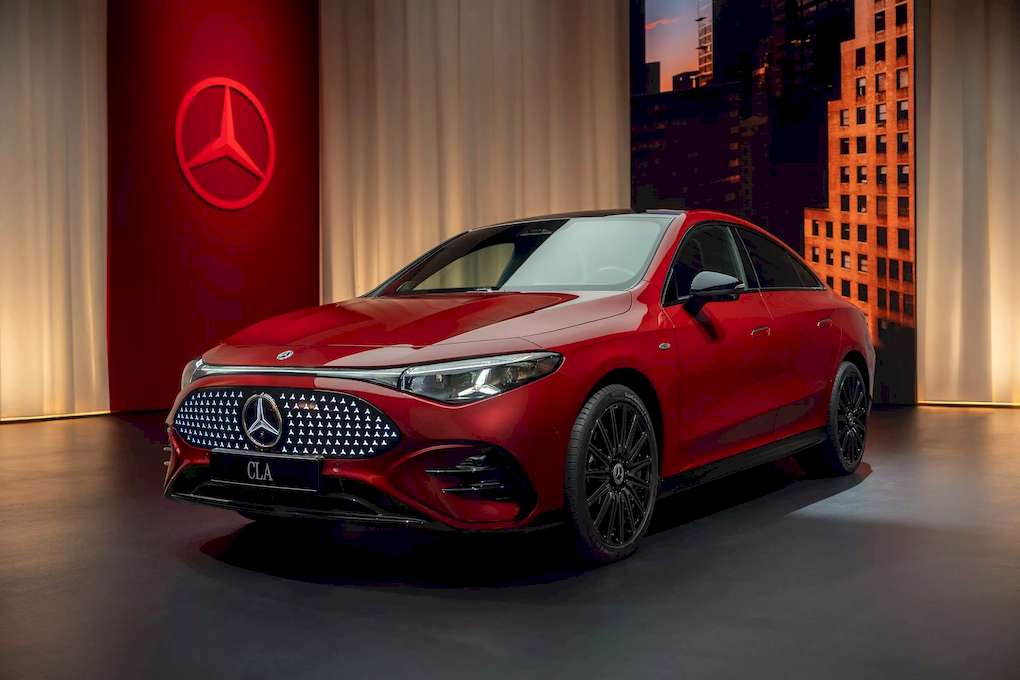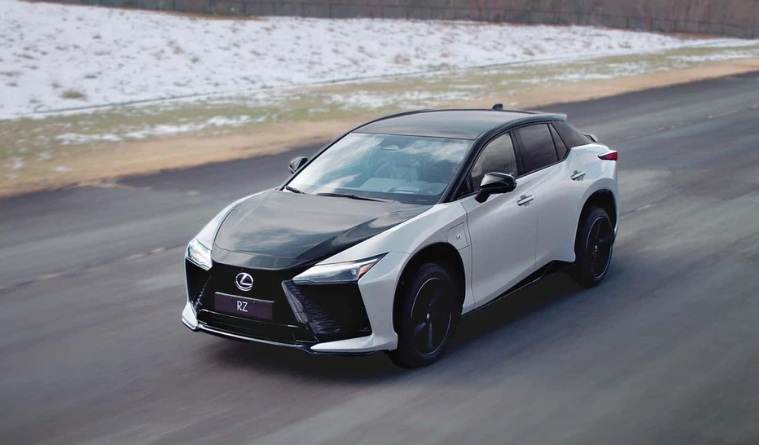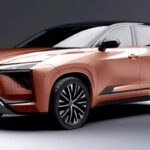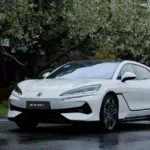From 2015 to early 2025, BMW, Mercedes-Benz, and Lexus consistently ranked within the top four luxury car brands with the highest new registration numbers in the US market.
However, behind these seemingly similar sales figures lie distinct differences in customer profiles, reflecting three distinct brand strategies.
According to analysis by S&P Global Mobility, demographic, financial, and consumer behavior factors indicate that BMW and Mercedes-Benz attract quite similar customer groups, while Lexus has built an entirely separate customer base.
Lexus: Emphasizing Reliability and Innovation
Introduced in the US in 1989 with the ES300 and LS400 models, Lexus quickly established a reputation for reliability and superior customer service. However, the image of being a “premium Toyota” initially made the brand less emotionally appealing compared to its European rivals.
The turning point came in 1999 with the RX300 – the first true luxury crossover on the market. Its user-friendly design, ease of driving, and unisex appeal made the RX a game-changer for Lexus, becoming their flagship model and the blueprint for the entire luxury SUV segment.
From October 2024 to January 2025, 66% of Lexus‘s sales came from mid-size vehicles, significantly higher than BMW (37%) and Mercedes-Benz (31%). This reflects a strategy focused on practical, value-conscious customers who prioritize comfort and convenience.
BMW: Focusing on Performance and Driving Emotion
Since its early years, BMW has shaped its brand around performance. The 328 roadster, introduced in 1936, impressed not only with its sporty design but also with its victories at Nürburgring and Le Mans.
For decades afterward, BMW maintained the philosophy of “The Ultimate Driving Machine” with its renowned 3 Series and 5 Series in the US. In 1978, the brand further affirmed its status with the M1 supercar – an icon of high performance designed by Giugiaro, featuring a 3.5L six-cylinder engine and a top speed of 162 mph.
BMW sells not just cars but driving emotions – a factor particularly favored by young, speed-loving customers who appreciate unique designs.
Mercedes-Benz: Merging Speed and Supreme Luxury
Mercedes-Benz boasts a longer heritage in racing and technical innovation than any other luxury car brand. From its victory at the Grand Prix of Dieppe in 1908 to leading supercharging technology in the 1920s, the brand has consistently been a pioneer in performance and engineering.
The iconic 300 SL, born in the early 1950s, became famous not only on the race track but also as the prototype for the later SL series. Meanwhile, the Type 600 (1960) and 300D (the world’s first turbocharged diesel car) continued to showcase the brand’s ability to merge cutting-edge technology with supreme luxury.
Mercedes-Benz appeals to customers who value both speed and a high-class lifestyle, similar to BMW’s customer base but with a slight lean towards traditional luxury.
Distinct Customer Profiles
The differences in brand positioning have resulted in distinct demographic variations.
For instance, Lexus attracts older customers with lower household incomes, and notably, a significantly higher percentage of female buyers. 50.4% of Lexus buyers are female, well above the segment average of 40.6%.
In contrast, BMW and Mercedes-Benz target a younger, wealthier demographic, with male buyers accounting for 61% and a roughly equal percentage, respectively.
Pricing
The pricing strategies also reflect their diverse approaches. For instance, Lexus vehicles have an average sticker price that is over $16,000 (more than 400 million VND) lower than BMW and Mercedes.
Additionally, the average monthly payment for a Lexus is $866 (22.37 million VND), about $140 (3.61 million VND) less than BMW and $240 (6.2 million VND) less than Mercedes.
Lexus is clearly positioned as an affordable luxury brand, catering to the affluent middle class, while the two German brands maintain their traditional upmarket image.
Lexus Appeals to Mainstream Buyers but Lacks Momentum in the High-End Segment
Lexus is effective in attracting buyers transitioning from mainstream brands, significantly outperforming its German rivals, BMW and Mercedes-Benz. However, when it comes to upgrading their vehicles, many Lexus owners tend to return to mainstream brands.
This indicates that Lexus excels as a gateway to the luxury car segment from the mainstream market. Nevertheless, the brand has yet to establish a strong enough pull to retain customers in the high-end luxury car segment, where brand value, personalized experiences, and the sense of ownership play pivotal roles in purchasing decisions.
While often neck-and-neck in sales figures, BMW, Mercedes-Benz, and Lexus represent three distinct philosophies in the luxury car arena: sports performance, classic opulence, and pragmatic reliability. Each brand is cultivating its own customer ecosystem, vividly illustrating the diversity of needs and behaviors in today’s US luxury car market.
TH (Tuoitrethudo)
The Electric SUV With a Difference – Lexus TZ Unveiled
Lexus is planning to expand its electric vehicle lineup with an all-new large SUV, set to debut next year. This marks a significant step forward for the luxury automotive brand as it embarks on a journey to electrify its fleet and offer customers a more sustainable and environmentally friendly option. With this new addition, Lexus reinforces its commitment to innovation and sustainability, promising an electric SUV that delivers an unparalleled driving experience while reducing environmental impact.
Revolutionizing Luxury: BYD’s Denza Brand Takes on BMW and Mercedes-Benz in Europe
The fascinating aspect lies in the fact that Denza is a joint venture brand established by BYD and Mercedes-Benz. This unique collaboration combines the innovation and expertise of two automotive powerhouses, resulting in a brand that offers a truly exceptional driving experience. With BYD’s strong presence in the new energy vehicle market and Mercedes-Benz’s renowned luxury and performance, Denza is poised to deliver an unparalleled blend of cutting-edge technology and refined elegance.






